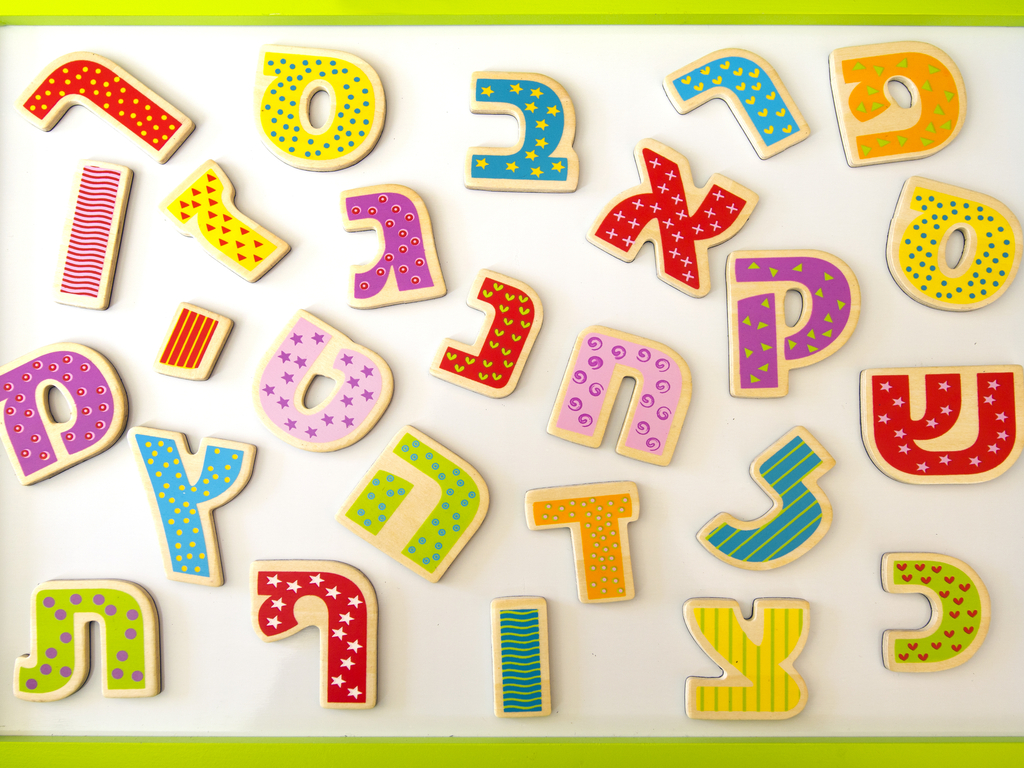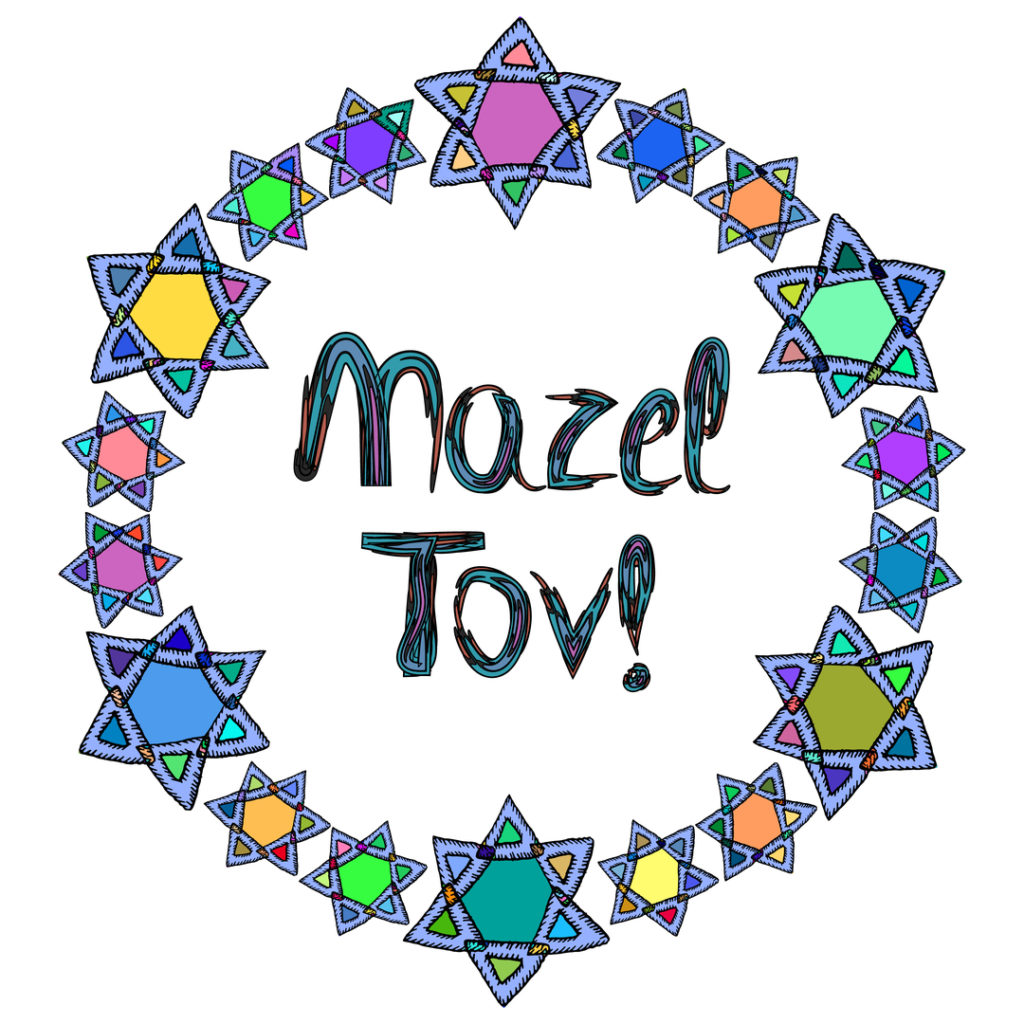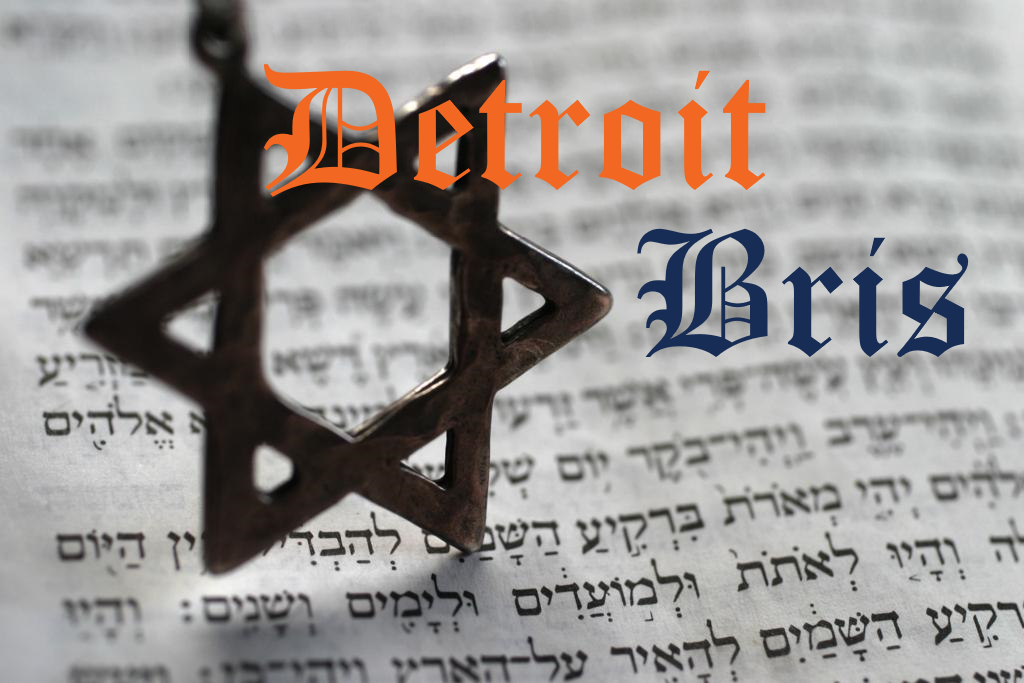Choosing a Hebrew name

At the inauguration of brit milah 3700 years ago, G-d changed Avram’s name to Avraham, thus signifying his new spiritual identity (“father of a multitude of nations”). It is therefore a tradition to name the baby at his bris. There is a spiritual connection between the name of an individual and his neshama (soul). A person’s name defines this essence so it must be chosen with great care. Naming the child enables the parents to be partners in G-d’s creation.
The Ashkenazic custom is to name a child after a dearly departed relative. The exact reasoning for this custom is hard to ascertain. However according to Zocher Habris, some felt it was a bad omen to have a baby named for them while they were still alive. Interestingly, in Sephardic communities, is considered auspicious for long life for a father to name a child after himself.
“Ashkenazic Jews”- the Jews of Germany, France, Russia, England and other Eastern European countries and their descendents – adhere closely to an old Jewish believe that a man’s name is the essence of his being; the name is his soul. When a child is given a relative’s name, he is also being given the relative’s soul.”-Alfred J. Kolatch.
Bris Avos (8:31) states that to name a male child after a female who has passed away is an acceptable and honorable custom. All of the letters and vowels of a name are significant. Therefore, when adapting a female name into a male counterpart, it is advisable to preserve as many letters and vowels as possible and/or to try to choose a Hebrew name with similar meaning. Some parents choose one Hebrew name for the child and others choose two. Many parents consult with their rabbi. He or she can help you in choosing a name appropriate to your family’s uniqueness as well as a name that is reflective of your own personal thoughts and hopes. I am also more than happy to help you.
If you plan on naming your son after a relative, it is best to use the exact name or a name very similar. – This will preserve the tradition in family. In some cases, it may be useful for the family to contact the cemetery where the loved one is buried in order to get the exact name from the burial stone. It is especially meaningful for the family to mention (during the naming portion of the bris ceremony) who they named the baby for and why, as well as the characteristics or attributes they would want their son to inherit from this person/people.
A couple good resources for naming:
-The New Name Dictionary by Alfred J. Kolatch., Jonathan David publishers Inc. Middle Village, NY 11379
-A very useful naming website –HebrewName.org
– Call Your Rabbi!
Craig Singer, MD
Dermatologist and Certified Mohel

